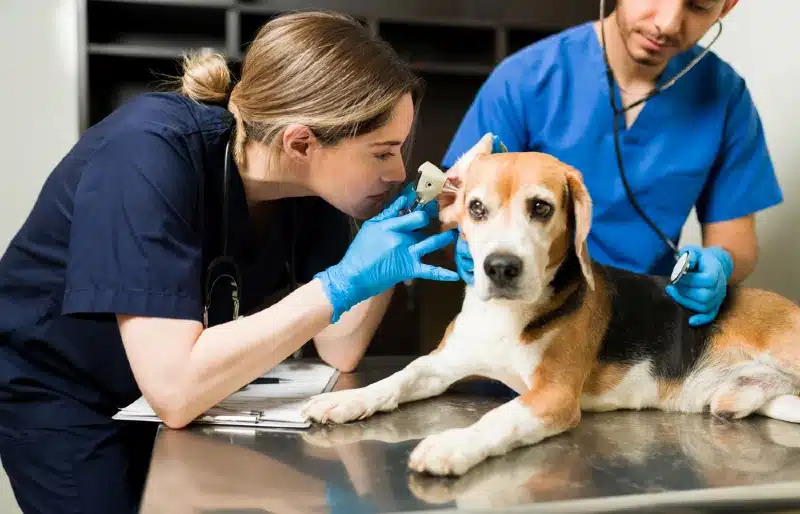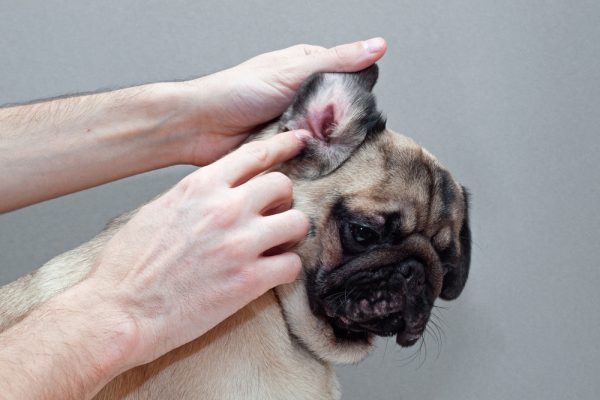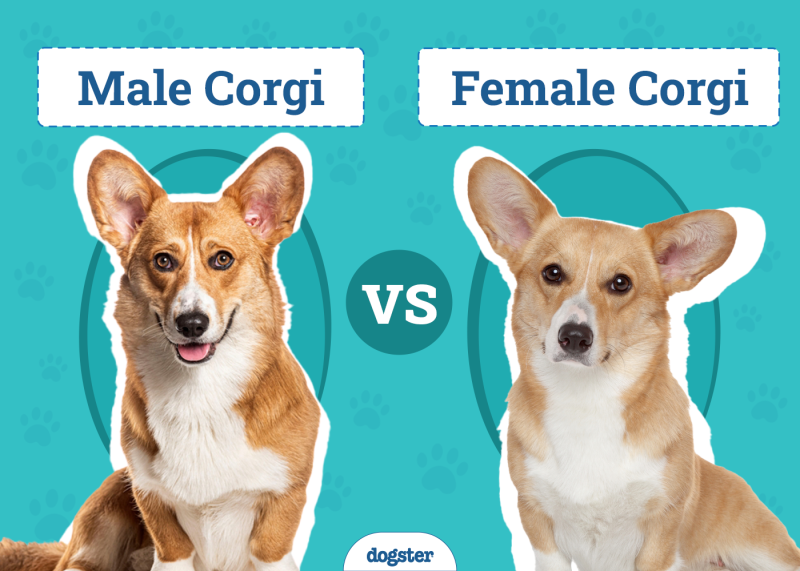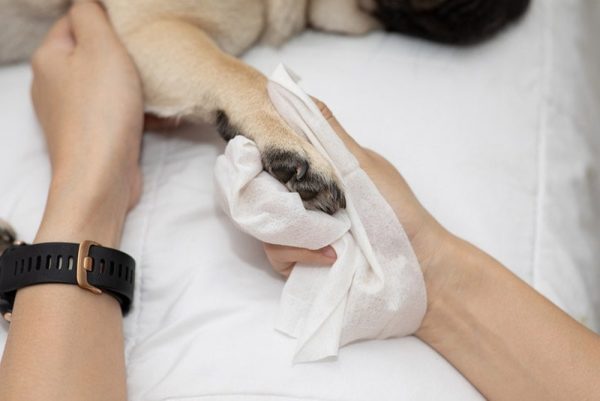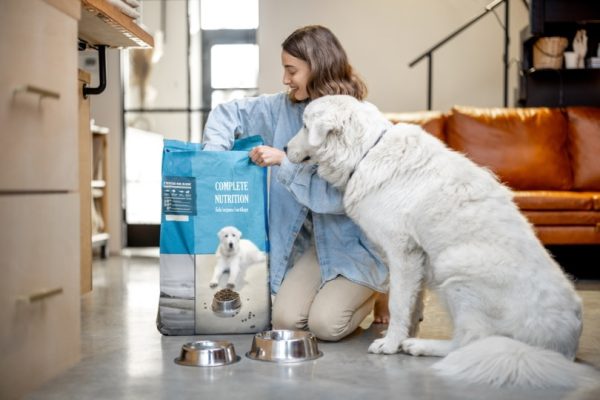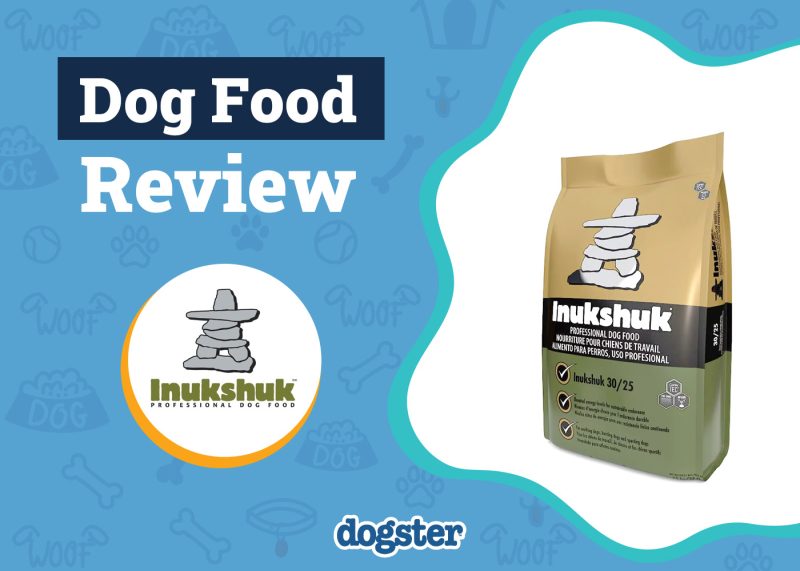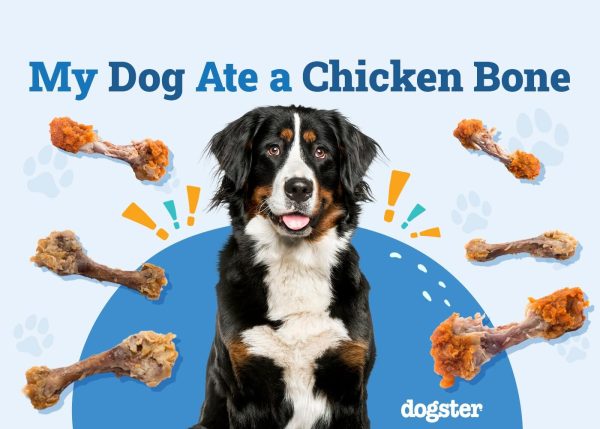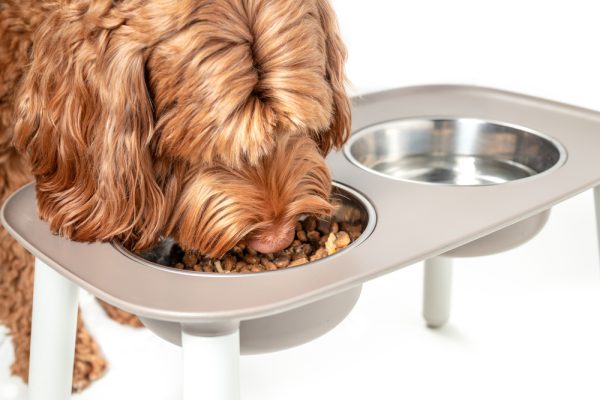All dog owners will know that our canine companions are very much a part of the family. It’s so important to keep them healthy with regular trips to the vet for their checkups and vaccinations. Most owners will be aware of the routine appointments they need to make for their dogs, but what about when something has gone wrong? What are the emergencies that owners need to be aware of so that they can get their dog seen as soon as possible?
The last thing owners want is for their dog to become sick or deteriorate because they didn’t spot the warning signs. This article will discuss the most common emergencies which you will need to take your dog to the vet for.

The 15 Dog Emergencies
1. Difficulty Breathing or Changes in Breathing Pattern
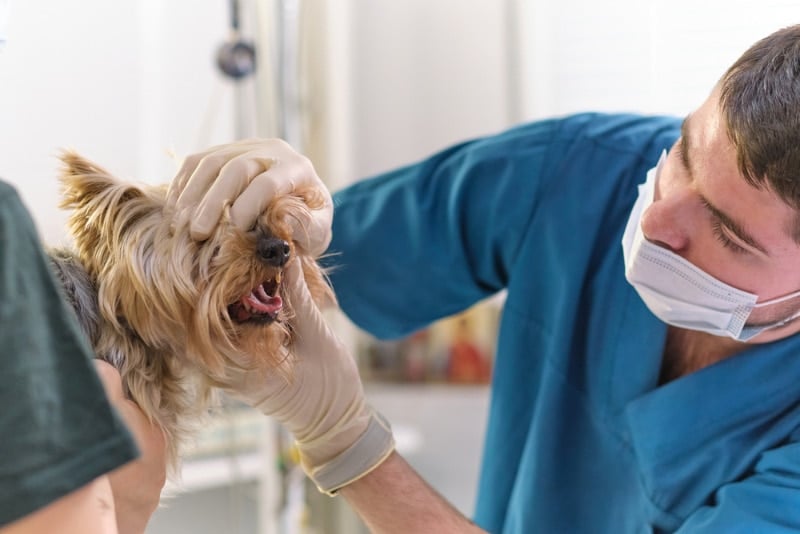
If you notice that your dog is struggling to breathe, you need to take them straight to your vet. Be aware as well that sometimes there can be a more subtle change in their breathing pattern. Dogs will pant on warmer days or after they have been running around, and this sort of change is normal. However, if your dog is struggling to breathe or panting excessively when they haven’t exerted themselves, this is a cause for concern.
The cause of your dog’s respiratory distress may be something harmless or something that can be treated easily. Nevertheless, you still need to have your dog checked out, as breathing difficulties can become fatal very quickly.
2. Seizures
Seizures can cause your dog to overheat if they occur for a prolonged amount of time. Seek veterinary attention immediately if your dog experiences a seizure that lasts longer than 2 minutes or if your dog is experiencing repeated seizures. Less urgent situations that still require veterinary attention but are not an emergency include if your dog has had one short seizure and has recovered or if your dog is already on anti-seizure medication and has a seizure.
3. Collapse/Unconsciousness
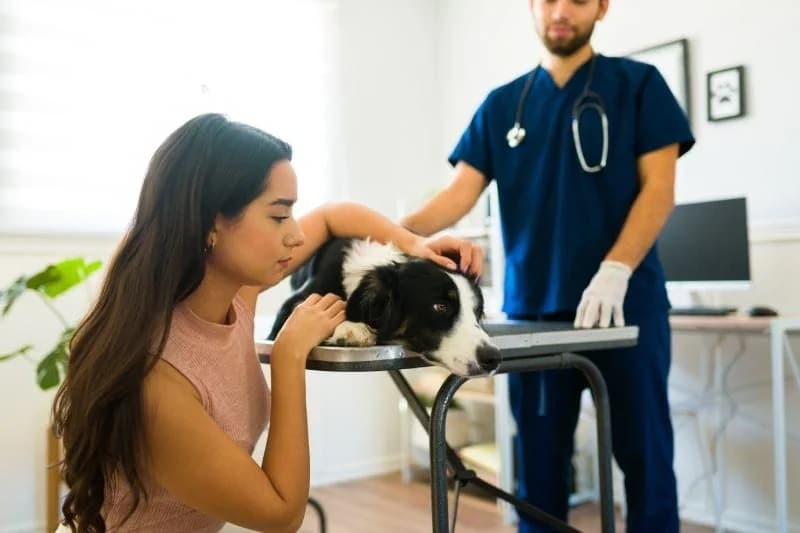
If you find your dog collapsed or extremely weak and unable to stand, you need to get them seen by your vet as soon as possible. This can be a sign of a big internal bleed; there could be something wrong with their heart, or they might be in shock. Dogs can also collapse if they have been poisoned or if they have had an overdose of a drug, for example, insulin.
Some dogs that collapse can also lose consciousness. Endocrine issues such as Addison’s disease can also cause collapse. All of these issues are a medical emergency.
4. Severe Bleeding
If you see that your dog is bleeding from an injury or a cut and it will not stop on its own and you cannot stop it with light pressure, they require veterinary attention. This can be an indication of injury to a major blood vessel, or it could be a sign your dog has a blood clotting disorder.
5. Eye Injury
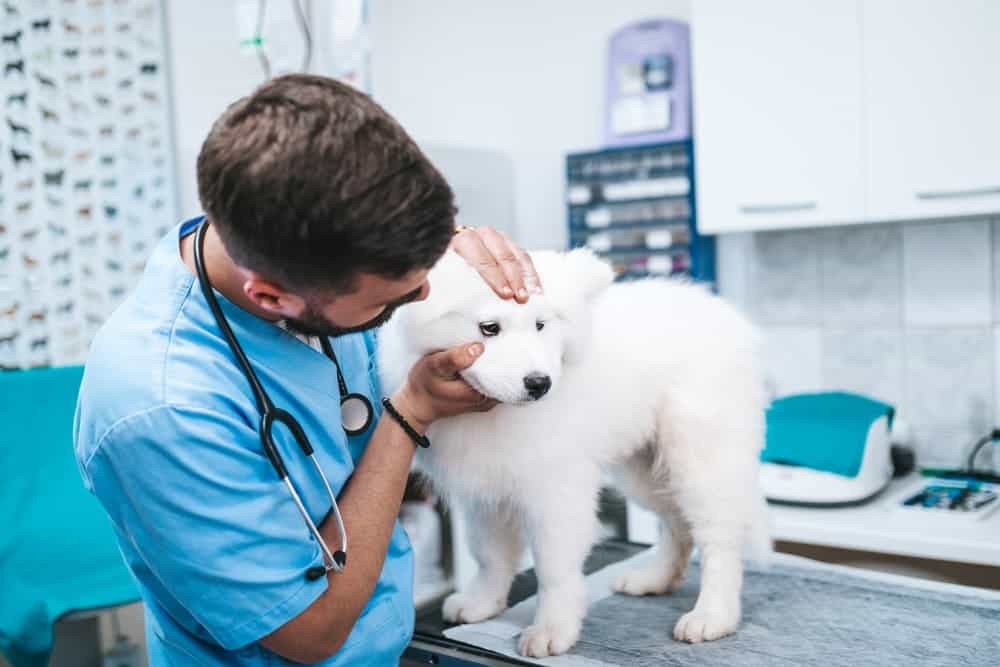
Any injury or damage to your dog’s eye requires veterinary attention immediately. Your dog may be showing signs of pain, squinting, redness, discharge, or pupils that are different in size. They may also have a glassy or milky appearance to their eye or have their eyelid protruding.
Some of these scenarios may mean that your dog is in danger of losing their sight, so it’s very important that they receive veterinary attention as soon as possible.
6. Known Exposure to Poison or Toxin
If you are aware or suspicious that your dog has been exposed to a poison, toxin, or other substance, such as venom, this is an emergency. Toxic substances include antifreeze, chocolate, raisins and grapes, xylitol, and rat poison. Dogs can also receive lethal bites and stings from snakes and scorpions.
7. Severe Pain

If your dog shows signs of pain, this always requires veterinary attention. Our dogs cannot speak for themselves and often are very stoic. If it gets to the point where they are showing obvious signs of pain and suffering, they need to be taken to the vet.
Signs can include crying out and vocalizing, panting, sudden aggressive behavior, or becoming withdrawn.
8. Choking or Coughing
If your dog suddenly develops a cough or starts to choke, this could be a sign of something serious. Some coughs are not classed as an emergency, for example, mild kennel cough. However, it is impossible to tell at home, so it is always best to get them checked out. Your vet can listen to your dog’s heart and chest to get a better idea of what is going on and give appropriate treatment.
9. Not Eating
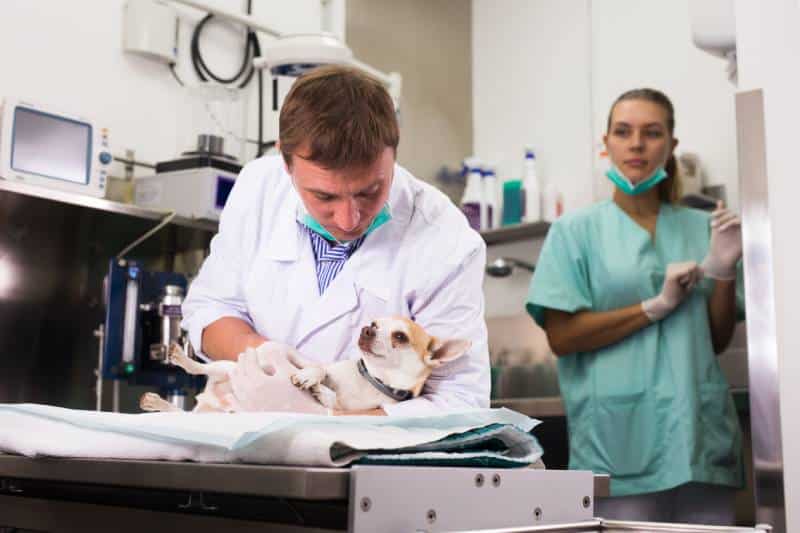
If your dog has gone without food for 24 hours or longer, they need to see a vet. They may not be eating because they are in pain or because they are systemically unwell. Whatever the reason, it needs to be addressed. Good nutrition is very important, especially if your dog is sick.
There may be scenarios where your dog has not eaten that does not warrant immediate medical attention, if they are fussy eaters for example. It is still worth a phone call to your vet to get some advice.
10. Not Drinking
Dogs become dehydrated very quickly when they stop drinking. It can be a dangerous situation for them to be in, especially as there are usually concurrent health issues going on that have caused them to stop drinking. If you notice that your dog has stopped drinking, this is always an emergency that needs addressing as soon as possible.
11. Unable to Pass Urine
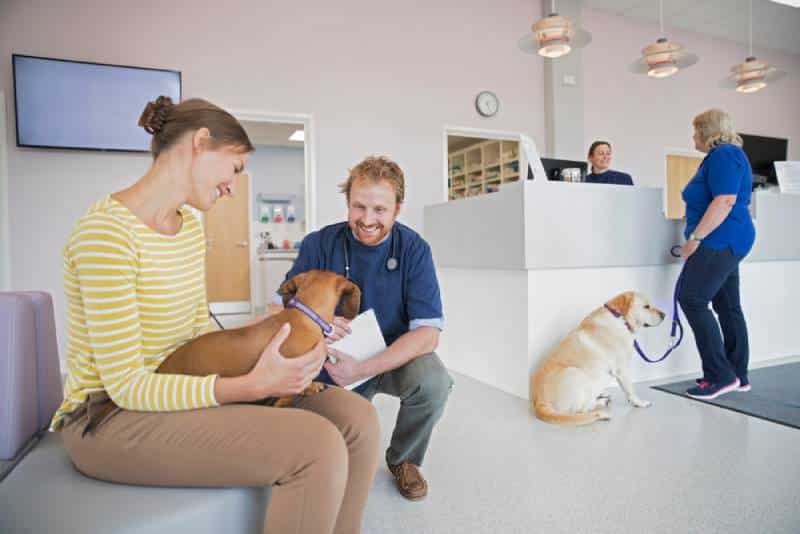
If your dog is unable to pass any urine, you need to get them checked out. It may be a case of cystitis, which can be treated with medication, but it can also be something more serious. Bladder stones can cause blockages, and if urine starts to build up, this is a medical emergency that needs addressing.
Even if your dog does just have cystitis, this can be very painful and distressing for them, so it is always best to get them seen.
12. Vomiting
This can be a tricky one as if your dog vomits once and is well in themselves, this does not usually count as a medical emergency. However, there are plenty of scenarios where vomiting can mean something is seriously wrong. If your dog is repeatedly vomiting and is unable to keep down any food or water this can mean they have an intestinal blockage or obstruction.
If there is blood in the vomit this requires immediate veterinary attention. Your dog can become dehydrated very quickly if they are vomiting large amounts or at frequent intervals.
13. Diarrhea
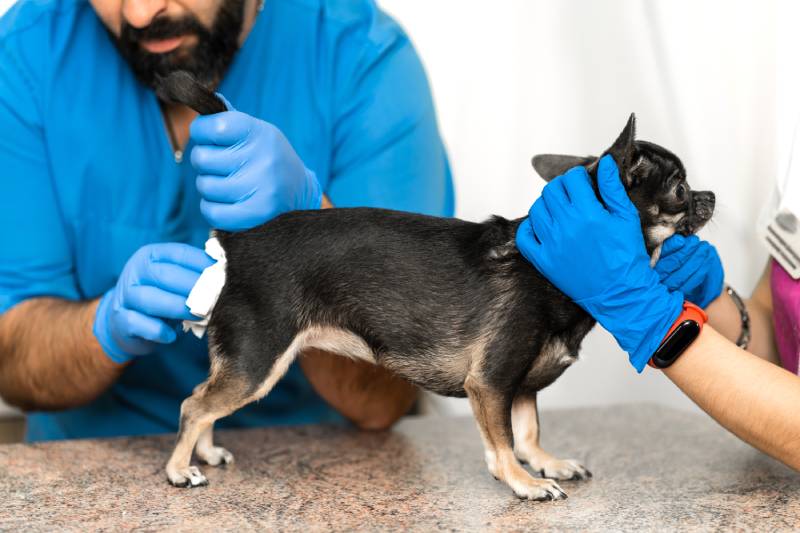
Again, this is a tricky one that requires a little bit of common sense. If your dog passes diarrhea once and seems to be well in themselves, they may have just eaten something that disagreed with them. Or it may be the start of a problem or the first obvious clinical sign. It is best to speak to your vet for advice and monitor them.
If your dog is experiencing explosive diarrhea and they are showing signs of being unwell, or if there is blood present, you need to take them to your vet immediately. As with vomiting, dogs with diarrhea can get dehydrated very quickly when they are losing large volumes of fluid.
14. Trauma
If your dog has any signs of obvious trauma such as a broken bone, swelling, or open cuts, if they can’t move any of their limbs, or if they are limping, you need to take them to be examined. Equally, if your dog is showing no clinical signs of trauma, but you know that they have just experienced some trauma, you need to contact your vet. This can include things like getting hit by a car or being in a dog fight.
15. Swollen Abdomen

If you notice your dog has a sudden onset of a swollen abdomen, this could be a sign of something serious, such as a condition called gastric dilatation and volvulus. This is when the stomach bloats up and twists around on itself.
Your dog may also be panting, restless, unable to lie down, and retching with this condition. This is a medical emergency, and the condition can be fatal if urgent veterinary attention is not sought straight away. Dogs can also get a swollen abdomen due to some endocrine issues or if they have a problem with their heart.
If you need to speak with a vet but can't get to one, head over to PangoVet. It's our online service where you can talk to a vet online and get the advice you need for your dog — all at an affordable price!


Conclusion
The examples above are just a selection of the most common emergencies vets encounter with dogs. The list is in no way comprehensive, and owners must be aware there are many reasons that your dog may need to be rushed to the vet.
If you are ever in doubt about the health of your dog or if you are unsure if it is an emergency situation, take your dog to your vet anyway. It is always better to be safe than sorry.
See Also:
- The Vet Clinic Is Closed, What Do I Do? 6 Vet-Approved Steps & Options
- Why Do Dogs Hate the Vet? 7 Vet Reviewed Reasons & Tips to Help
Featured Image Credit By: Beach Creatives, Shutterstock
